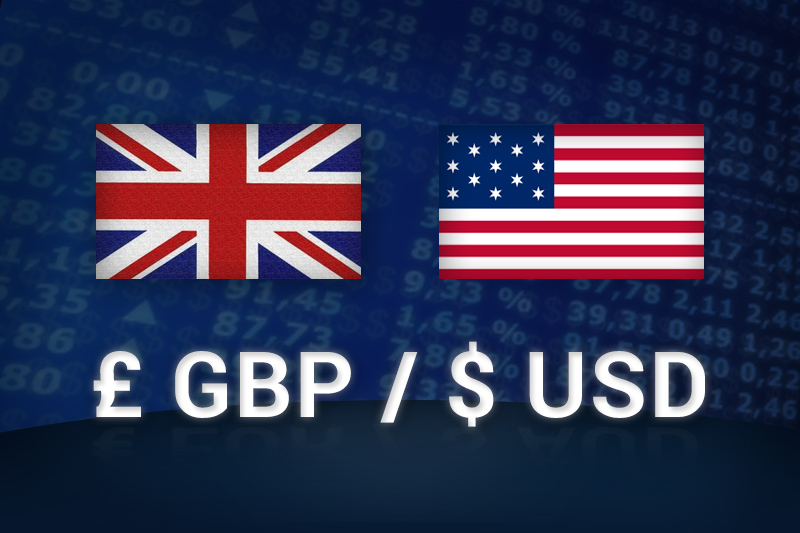Investing.com - The pound firmed against the dollar on Tuesday after a soft U.S. consumer confidence report prompted investors to speculate that the Federal Reserve will scale down stimulus measures at a slower clip than once anticipated until recovery picks up the pace.
Stimulus tools such as the Fed's $65 billion in monthly bond purchases weaken the dollar by driving down long-term interest rates, making stocks and commodities more attractive asset classes.
In U.S. trading on Tuesday, GBP/USD was trading at 1.6696, up 0.25%, up from a session low of 1.6643 and off a high of 1.6727.
Cable was likely to find support at 1.6584, Monday's low, and resistance at 1.6823, the high from Feb. 17.
The dollar softened after the Conference Board reported that its consumer confidence index slipped to 78.1 in February from 79.4 in January, mainly due to concerns over general business conditions, jobs, and earnings.
Analysts were expecting the index to tick up to 80.0.
The present situation index rose to its highest level in almost six years, but the expectations index declined, indicating that while consumers believe the economy has improved they do not foresee further considerable improvement in the coming months.
The dollar weakened as investors speculated that the Federal Reserve will very gradually taper its $65 billion monthly bond-buying program, which weakens the dollar by suppressing long-term borrowing costs to spur recovery.
Also on Tuesday, the Standard & Poor’s/Case-Shiller house price index rose 13.4% in December from a year earlier, the best December reading in eight years and slightly ahead of forecasts for a 13.3% gain.
Meanwhile across the Atlantic, the pound saw support after data from the British Bankers Association showed that mortgage approvals rose 57% in January from a year earlier to 49,972, hitting a 76-month high.
A separate report by the Confederation of British Industry said U.K. retail sales rose at the fastest rate since June 2013 in February. The CBI distributive trades survey rose to 37 up from 14 in January, well ahead of forecasts for an uptick to 15.
Sterling was up against the euro, with EUR/GBP down 0.14% to 0.8236, and down against the yen, with GBP/JPY down 0.08% as 170.57.
On Wednesday, the U.K. is to publish revised data on fourth quarter economic growth, as well as preliminary data on business investment.
The U.S. is to release data on new home sales, a leading indicator of demand in the housing market.
